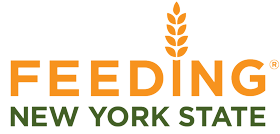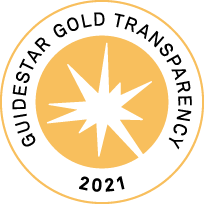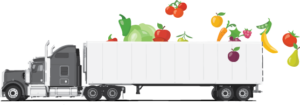Your obligations under the NYS Food Donation and Food Scraps Law – and our promise to help make it easy
Working together we can feed our hungry neighbors and keep food waste out of landfills.
Effective January 1, 2022 large generators of excess food – organizations that generate more than 2 tons of wasted food and food scraps per week – are now required to comply with the Food Donation and Food Scraps Recycling Law. Included are restaurants, grocery stores, hotels & motels, colleges & universities, malls, event centers, etc.
Generators of excess food are now required to:
- Separate and donate edible food
- Separate and recycle all remaining food scraps if within 25 miles of an organics recycler
Feeding NYS is here to help
- Current donors that need assistance or clarification should call your local food bank
- If you are not currently donating we will connect you with your local food bank. Call us at 518-930-7000
- If you are currently donating but not recycling, we will assist you in finding your closest recycler/ organic digester. Call us at 518-930-7000
FOOD RECOVERY CALL CENTER
NOW LIVE
Call between the hours of 8:30 am and 4:30 pm Monday through Friday
518-930-7000
or email jhawkins@feedingnys.org

JAY HAWKINS
Director, Food Recovery Programs
jhawkins@feedingnys.org
518-801-5741
Detailed info and helpful resources
Frequently Asked Questions
Q: What are food scraps?
Food scraps are inedible food, trimmings from the preparation of food, food-soiled paper, and edible food that is not donated.
Q: Why separate food waste from trash?
When excess edible food and food scraps end up at a landfill, their decomposition produces methane, a potent greenhouse gas. Decaying food waste is the single biggest source of methane in New York state.
Q: What is my liability when donating?
The federal Bill Emerson Good Samaritan Food Donation Act, as well as New York’s Good Samaritan Law, provide strong liability protection for businesses that donate food in good faith and do not act with gross negligence.
Q: What are the different types of recycling?
Composting – Composting is the controlled aerobic decomposition of organic material such as food scraps, leaves, etc.
Anaerobic digestion – Organic materials are processed in anaerobic conditions by microorganisms which break down the material into biogas and a digestate. More than half of biogas is methane which can be used as a renewable energy source. The digestate can be land applied, composted and used as a soil amendment or processed into fertilizer pellets.
Animal feed – Providing food scraps to supplement feed, in accordance with applicable Dept. of Agriculture and Markets rules.
Land application – Management of organic wastes where the material is applied directly to agricultural fields as a source of nutrients and/or to improve soil quality, reducing the need for commercial fertilizers. methods include direct application to the soil surface or injection to the upper layer of the soil.
Q: I am required to recycle under the law but I don’t know where to do so.
You are not required to use a specific recycler, however to locate your nearest organics recycler, click here and enter your address into the search bar.


